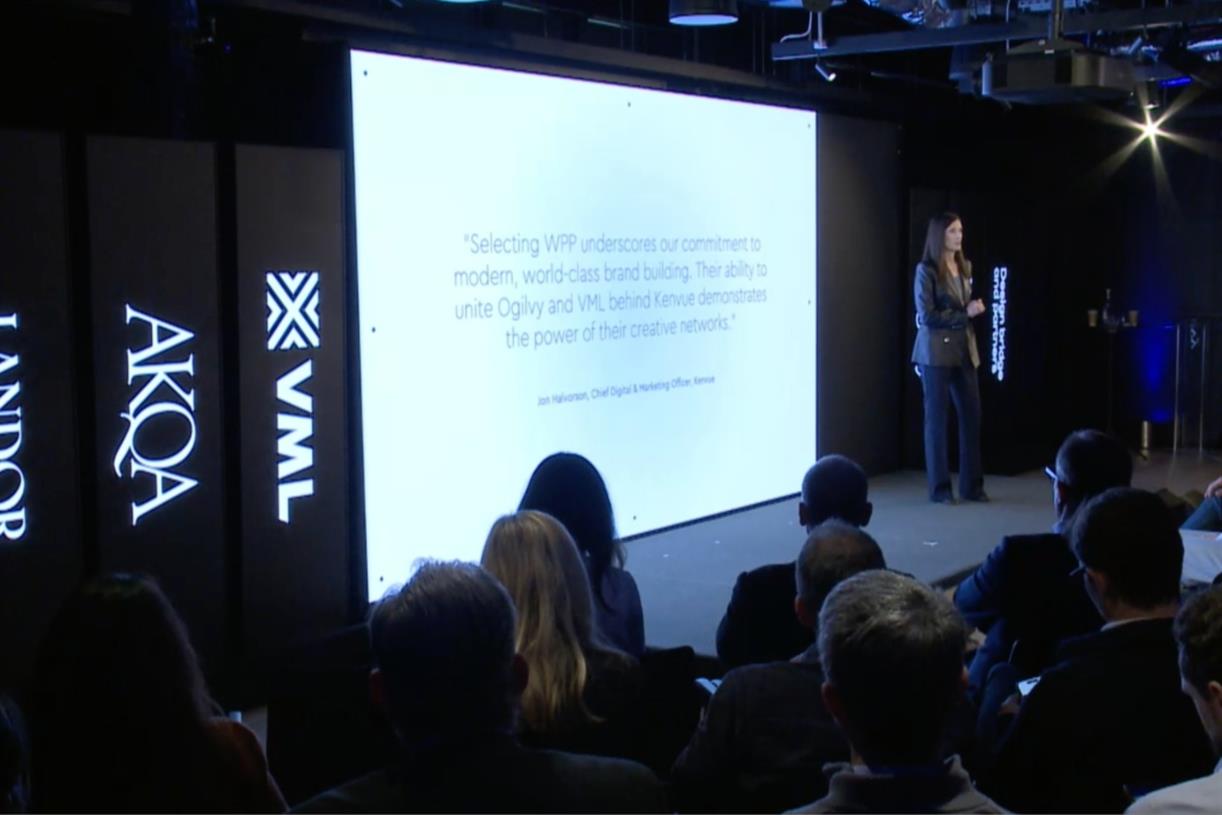These 3 Nutrients Slow Down Age-Related Vision Loss (Yes, Really!)
Protect your vision is easier than you think.

Image by Anastasia-Mihaylova-(Shpara) / Stocksy December 29, 2025 It’s common for our eyesight to get worse as we get older, whether from cataracts, ocular diseases, or other eye-related health concerns. The leading cause of vision loss in older adults is age-related macular degeneration, aka AMD. Approximately 20 million people1 in the U.S. over 40 were estimated to have AMD, according to a 2022 JAMA Ophthalmology study. AMD occurs when the macula (a part of the retina) is damaged. It doesn’t cause complete blindness but rather blurred central vision that makes it difficult to read, drive, see faces, and do everyday activities at home (e.g., cooking, housework, etc.). Scientists believe the primary causes of AMD are exposure to oxidative stress (i.e., damage to cells) and inflammatory reactions. As such, optimizing your diet with vision-critical nutrients—such as key carotenoids that combat reactive oxygen species (ROS) and exhibit anti-inflammatory actions—can be beneficial in preventing AMD.
The vision-supporting power of carotenoids
Carotenoids are red, orange, and yellow fat-soluble pigments produced by plants. Lutein, zeaxanthin, and astaxanthin are xanthophylls (a specific category of carotenoids that demonstrate potent antioxidant and neuroprotective properties) that help protect the eyes from oxidative damage.
Lutein and zeaxanthin, which are found in concentrations 1,000 times higher2 in the eye than other tissues throughout the body, are particularly beneficial in reducing AMD risk. In one Ophthalmology study, researchers found that individuals with the highest lutein and zeaxanthin intake were 65% less likely3 to develop neovascular AMD compared to those with the lowest intake.
According to a 2022 Nutrients review, lutein and zeaxanthin help protect both the retina and the lens from age-related changes and can even help delay the progression of AMD4.
While astaxanthin isn’t as concentrated in the eye, its antioxidant actions are approximately ten times greater5 than lutein and zeaxanthin, per a 2020 Marine Drugs review.
Astaxanthin has been shown to address choroidal neovascularization (CNV)—a hallmark feature of AMD in which oxidative stress and inflammation cause new blood vessels to grow into the eye and leak, leading to vision loss.
By getting more of these carotenoids in your diet, you can help protect your eyes from age-related macular degeneration and vision loss.
How to get more carotenoids in your diet
Your body cannot make carotenoids on its own, which means you need to consume them via foods and/or dietary supplements to bolster healthy levels. To support optimal eye health and longevity, research suggests you need at least 10 milligrams of lutein, 2 milligrams of zeaxanthin, and 6 milligrams of astaxanthin daily.
When it comes to food, lutein and zeaxanthin can be found in leafy greens (e.g., kale, spinach, and collards), avocado, green peas, orange peppers, and eggs. Astaxanthin is primarily found in marine-derived foods, such as salmon, shrimp, lobster, and algae.
For a simpler way to get efficacious daily doses of lutein, zeaxanthin, and astaxanthin, you can also consider taking a premium eye health supplement. Check out mindbodygreen’s guide to vision longevity supplements to learn what to look for and see our product recommendations
The takeaway
Worsening eyesight is common in older adults, but it doesn’t have to be inevitable. Try increasing your dietary intake of eye-critical carotenoids lutein, zeaxanthin, and astaxanthin to help protect your eyes from AMD and other age-related vision loss.

 Tfoso
Tfoso 


































